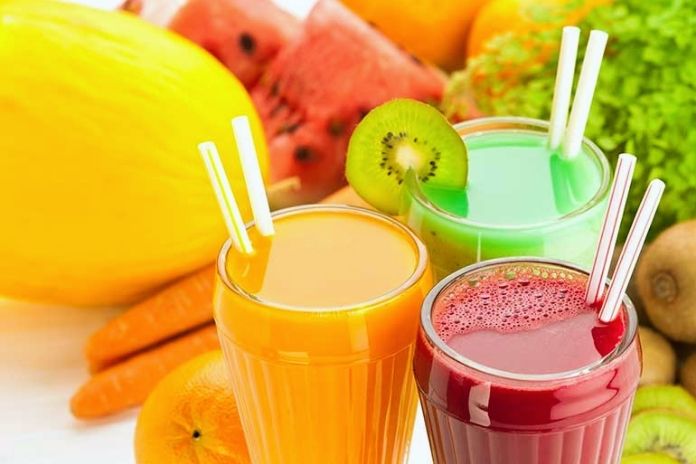They are much loved, but consuming them in moderation is good. They prefer those with no added sugar in a varied and balanced lifestyle. We are in the middle of summer, and with the hot temperatures these days, thirst increases and, generally, the desire to quench your thirst with something fresh. Fruit juices are among the most consumed drinks, not only by children but also by adults.
How Many Juices Can You Drink A Day? Are There Juices Better Than Others?
Fruit juices are not “harmful” in an absolute sense, but it is good to consume them in moderation, preferring those with no added sugar in a varied and balanced lifestyle. It is essential to know the content of what we drink, considering that drinking fruit juice is not the same as eating the corresponding fruit in pieces.
Monitoring the total amount of sugar consumed during the day is also necessary to balance our day better. As far as the little ones are concerned, educating them on the flavor and consistency of the whole fruit and not just the taste of freshly squeezed juices is essential.
Juices Or Nectars?
It is essential to know that behind what we generically define as “fruit juice”, there are different beverages on a nutritional level. 100% fruit juice consists entirely of the product obtained by squeezing the fruit without using preservatives, flavorings and sweeteners. However, not all fruits lend themselves to this preparation; the most used ones are apple, orange, pineapple, grapefruit, and tropical mix juices. While pear, peach and apricot-based juices are transformed into nectar; these, in addition to the pureed pulp or fruit juice, contain water, any sweeteners (or other sugars), and food additives (such as thickeners, acidifiers and flavorings). Generally, anything not 100% fruit juice or nectar is labeled a “fruit drink”.
What Do They Contain?
The nutritional qualities of 100% fruit juices are similar to those of the fruit from which they are made. They contain water and a varied supply of vitamins, which depends on the type of fruit and its degree of ripeness, the treatment methods and the juice preparation processes.
But what’s important to consider is the absence of fiber; dietary fiber is essential for the proper functioning of the intestine and nourishes the microbiota (i.e. the set of good bacteria that populate our intestines), also helping to reduce the risk of cardiovascular disease and some forms of cancer, such as those of the colorectal. We all know that fruit is an excellent source of fiber, but the same cannot be said of its juice, which contains negligible amounts.
And The Sugar?
Lately, the famous wording “sugar-free” is not used much anymore because there is sugar! Even without adding sweeteners, 100% fruit juice contains the sugars of the fruit from which they are made, especially fructose. To accentuate the sweet taste, grape juice is also added (it is always fruit, but it increases the concentration of simple sugars in the drink). Children should avoid bandits in early childhood under one year of age, and as far as school-age children are concerned, their consumption should be dosed. Fruit juices are neither water nor fruit and can increase the risk of excess calories and tooth decay. Furthermore, it is also suitable for them to avoid sports drinks and fruit juices with added sugars;
The Advice
Drink them in limited quantities and never consider replacing fruit with their consumption. If you are very thirsty, drinking a large glass of water first and then indulging in your favorite juice is preferable. Given the high temperatures and the high heat, consume the famous five portions a day of fruit and vegetables. Drink at least two juices regardless of liters of water per day.
Also Read: What Is The Cardiovascular System?

